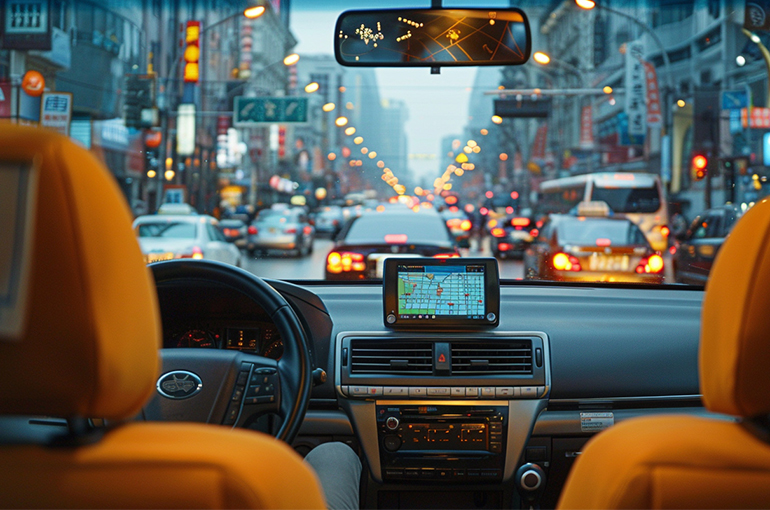 China's Urban Navigate-on-Autopilot Market Could Reach USD6.9 Billion by 2025, Report Shows
China's Urban Navigate-on-Autopilot Market Could Reach USD6.9 Billion by 2025, Report Shows(Yicai) July 19 -- China's urban navigate-on-autopilot market is expected to grow to exceed CNY50 billion (USD6.9 billion) by 2025 with four million cars equipped with autonomous driving functions, according to an industry report.
By 2027, China's NOA market should surpass CNY100 billion (USD13.8 billion) in scale with a compound annual growth rate of 37 percent, Taibo.Cn, a technology and financial media company, wrote in a report released during a conference yesterday.
In China, NOA technologies are divided into two categories: highway and urban traffic. The former helps drivers change lanes, as well as enter and exit highway ramps automatically, and the latter allows drivers to park, change lanes, and overtake without steering.
Smart electric cars are driving change. Last month, the penetration rate of EVs rose to 50.7 percent, exceeding 50 percent for the first time, up from last year's 35.7 percent, according to the China Association of Automobile Manufacturers.
Chinese vehicle brands have been adopting urban NOA since the second half of last year. This year, even BYD, which is considered a latecomer in smart cars, will install urban NOA in models of its upscale sub-brands Denza and Yangwang. Besides the Shenzhen-based EV giant, other domestic brands such as Aito, Xpeng, Xiaomi, and IM have said they will achieve nationwide coverage of urban NOA by December.
Consumers opt for the most advanced technologies, and as it turns out, they are homegrown. The top reason why consumers choose Chinese high-profile EV brands over foreign ones is that local products have more advanced autonomous driving features, according to a recent report by McKinsey China.
Editor: Emmi Laine